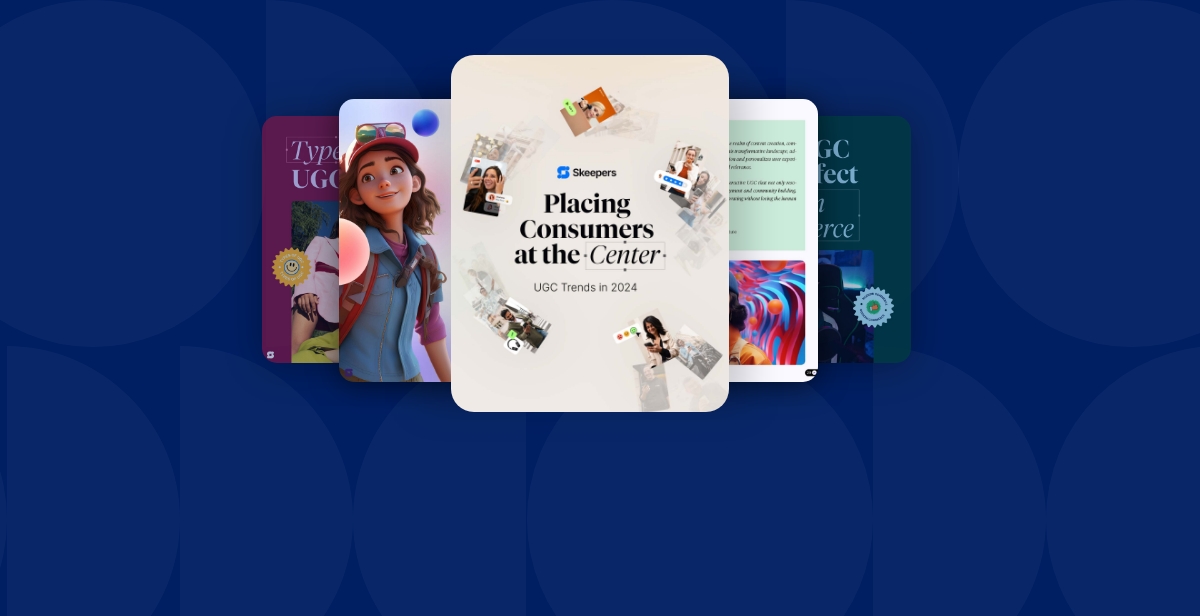How can you design products and services differently so that customer needs are central to the process? How do you know which aspects of your customer experience customers value most? What exactly do you need to do to improve that experience for each customer? Questions like these plague businesses everyday. But if you take the...
How can you design products and services differently so that customer needs are central to the process? How do you know which aspects of your customer experience customers value most? What exactly do you need to do to improve that experience for each customer?
Questions like these plague businesses everyday. But if you take the time to talk to your customers, you’re going to receive invaluable insights that eliminate any uncertainties.
If you find yourself asking any of the following five questions, it’s time for you to invest in customer feedback. Ultimately, the answers you receive to these questions will help you see your product or service in a new light and enable you to deliver the sort of awesome customer service your customers will love.
1/ Do I really understand my customers’ preferences?
Your customer relationship management system (CRM) holds valuable information about your customers that will help you to understand their individual preferences. Look for patterns which identify when customers typically make orders, what they order, and how often. And with 87% of customers saying they are happy to be contacted proactively by companies, there is no reason not to invite them to complete a feedback survey to build up your CRM, helping you better understand their needs and wants.
2/ Am I providing products and services my customers are interested in or need?
The less you know about your customers, the more likely you are to lose them: a fifth of surveyed customers have admitted to switching brands, turned off by irrelevant offers and messages. But by focusing on your customers’ needs and delivering what they most want, you can enhance customer loyalty, ensuring that they continue to do business with you. Gather as much relevant information as you can about them: what makes them tick, how they measure success, what their pain points are, and how your solution makes their lives easier or saves them money.
3/ What should I do when I see on social media that my products or services are unsatisfactory?
42% of people will tell their friends about a good customer experience on social, while 53% will talk about a bad one. Be on the lookout and reply accordingly to negative feedback. Better yet, provide your customers with more avenues to directly communicate their complaints to you before they make them public. Online feedback forms or surveys, placed prominently on your website, are an especially proactive means by which you can engage unhappy customers. While it’s not always possible to prevent a frustrating experience, it is possible to take steps to limit the damaging impact social complaining can have on your reputation.
4/ How can I improve communication with my customers?
68% of customers say they will leave a company because they believe it doesn’t cares about them, making perceived indifference one of the top causes of customer abandonment. Make sure that you stay in touch with your customers via follow up emails or feedback surveys. Requesting feedback from customers makes them feel like their voice matters which, consequently, improves their perception of your business. Responding to customer feedback – whether it is positive or negative – via a follow up survey with the promise to make concrete changes based on their feedback can favorably shift your relationship with customers.
5/ How does my brand compare to the competition?
Customer feedback will provide valuable information to help you beat your competitors. If you ask your customers the right questions, they will give you their thoughts on everything from how your quality and price compare to your competitors, to how they heard about your business, enabling you to focus your sales and marketing strategies more effectively. Moreover, they will tell you what new products or features they would like to see, so you’ll know where to focus your attention, getting a jump on the competition. For proof, see how American fast food giant Chick-fil-A, once the victim of an especially hostile customer backlash, managed to stage an impressive comeback, beating all competition, thanks to customer feedback.
There is no question: customer feedback matters. It will not only provide actionable insights to answer your most pressing questions but also go a long way towards maintaining customer satisfaction. And considering 70% of companies say it’s cheaper to retain a customer than acquire one (on average it costs six-to-seven times more to obtain a new customer) investing in feedback tools to ensure the longevity of your current customers just makes good financial sense.








